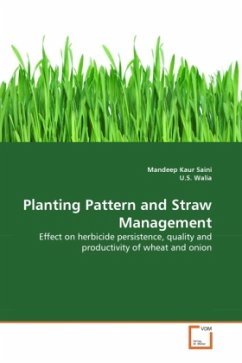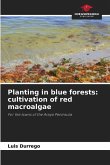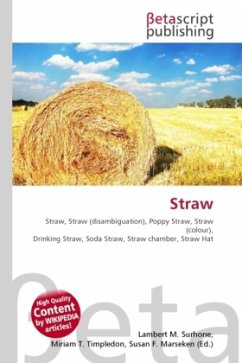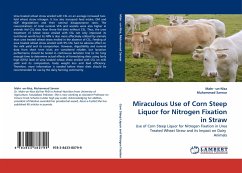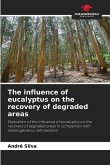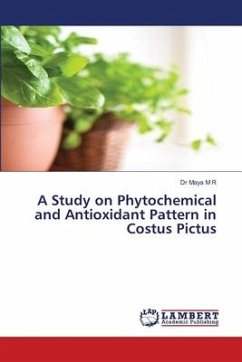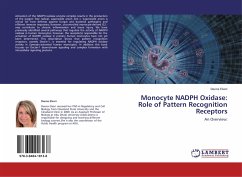Rice-wheat is the predominant cropping system of North India in general and Punjab in particular,contributing towards food security of country to a large extent. Severe competition from weeds is one of the important factor determining productivity and sustainability of the system. Weeds compete with the crop plants for nutrients and other growth factors. Weeds can be effectively controlled with the use of selective herbicides.Use of herbicides can be effectively integrated with different planting patterns like zero till sowing with Happy Seeder, zero till sowing in standing stubbles, zero tillage with complete or partial burning of stubbles and bed planting to allow the competition in favour of wheat.Onion is one of the most important vegetable crops in India. Severe weed problems in onion and huge losses due to weed competition are a global problem. Pendimethalin, oxyflourfen and fluchloralin are few selective herbicides recommended for controlling weeds in onion. The applied herbicides persist in soil and may leave residues in onion bulbs as these are consumed as raw at any time and hence information on the herbicide residues in onion bulb is very important.
Bitte wählen Sie Ihr Anliegen aus.
Rechnungen
Retourenschein anfordern
Bestellstatus
Storno

